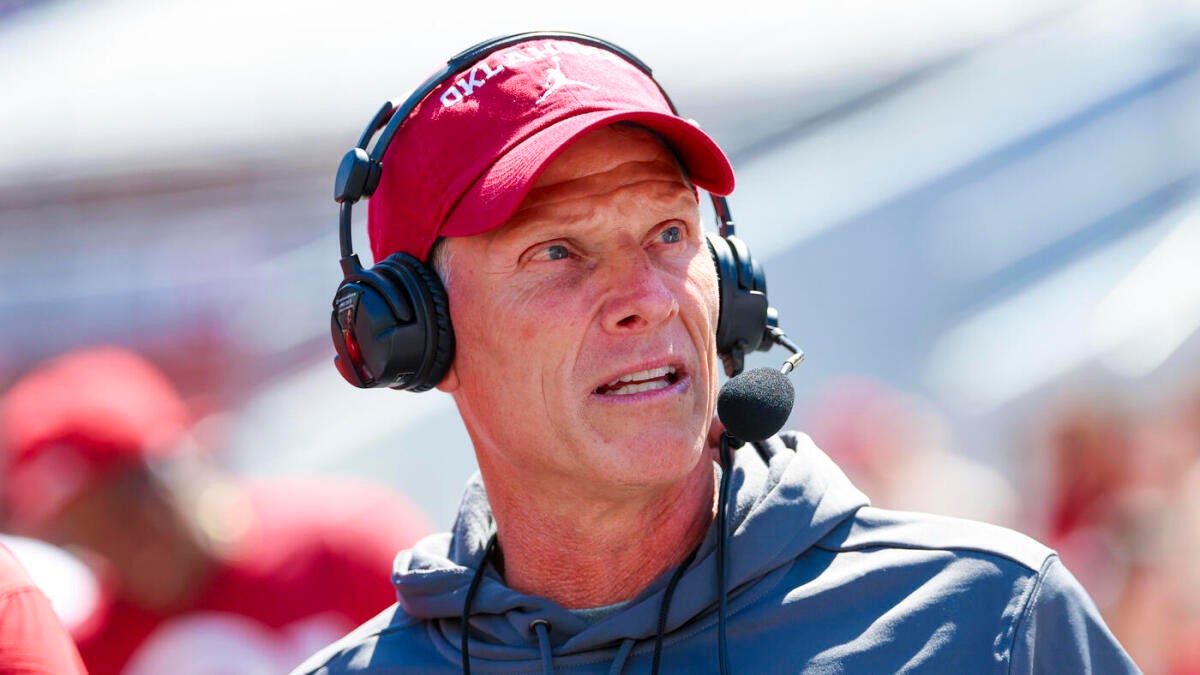Venables is the latest coach to give part of his salary back for revenue-sharing purposes
Why it matters
- Brent Venables' decision to reduce his salary highlights the increasing trend among college football coaches to share financial burdens amid economic pressures.
- This move could be a signal of changing dynamics in college athletics, where coaches are expected to make sacrifices for the overall benefit of their programs.
- Venables' pay cut reflects broader discussions about revenue distribution and financial equity within college sports, particularly as programs navigate the challenges of rising operational costs.
In a significant development within the realm of college football, Oklahoma head coach Brent Venables has announced a voluntary salary reduction of $1 million for the 2025 season. This decision aligns with a growing trend among coaches who are opting to contribute part of their earnings to support revenue-sharing initiatives. It underscores both the financial challenges faced by athletic programs and the increasing scrutiny on coaches to align their interests with those of their institutions.
Venables, who took the helm at Oklahoma in 2021, has become the latest figure in the coaching fraternity to make such a gesture. As the landscape of college athletics continues to evolve, many coaches are recognizing the need to demonstrate solidarity with their programs, especially in light of economic pressures exacerbated by the COVID-19 pandemic and the subsequent financial fallout.
The decision to take a pay cut is not just a personal sacrifice; it symbolizes a broader shift in the culture of college football. Coaches are often viewed as the highest-paid employees within athletic departments, leading to conversations about fairness and equity in revenue distribution. By reducing his salary, Venables is sending a message that he is committed to the well-being of the program and its student-athletes, rather than solely focusing on personal financial gain.
In recent years, several high-profile coaches have followed suit, taking pay cuts or restructuring their contracts to support their teams during financially challenging times. This trend reflects a growing awareness among coaches that their actions can impact the financial health of their programs, including the ability to retain and recruit talent.
Moreover, Venables' decision comes at a time when the college football landscape is undergoing significant changes. With the advent of name, image, and likeness (NIL) deals, as well as the changing dynamics of conference alignments, many programs are reassessing their financial strategies. Coaches are being called upon to lead by example, and Venables’ willingness to sacrifice a portion of his salary may resonate positively with both current players and recruits, showcasing a commitment to the program's long-term success.
In addition to its symbolic value, Venables’ pay cut also has practical implications. The funds released through such salary reductions can be redirected to enhance resources for players, including improved facilities, scholarships, and other essential support systems. This financial flexibility could prove critical in attracting top-tier talent and ensuring that athletes have access to the best possible training and development opportunities.
As Venables prepares for the upcoming season, he faces mounting pressure to deliver results on the field. The Oklahoma program has a storied history and a passionate fan base, creating high expectations for success. While financial sacrifices may help in the short term, the ultimate measure of Venables' effectiveness will be his ability to translate these gestures into tangible victories.
The move is reflective of a culture shift in college athletics, where the emphasis is increasingly on collaboration and community. Coaches are being urged to consider not just their personal interests but also the broader implications of their financial decisions. Venables' willingness to reduce his salary is a testament to this evolving mindset, signaling a potential new era in which coaches prioritize the collective well-being of their programs.
In summary, Brent Venables' decision to take a $1 million pay cut for the 2025 season is emblematic of the changing dynamics within college football. As coaches navigate the complexities of modern athletics, their willingness to make sacrifices can have far-reaching implications for their programs. Venables' action may inspire others in the coaching community to follow suit, fostering a spirit of unity and shared responsibility in the quest for success.











